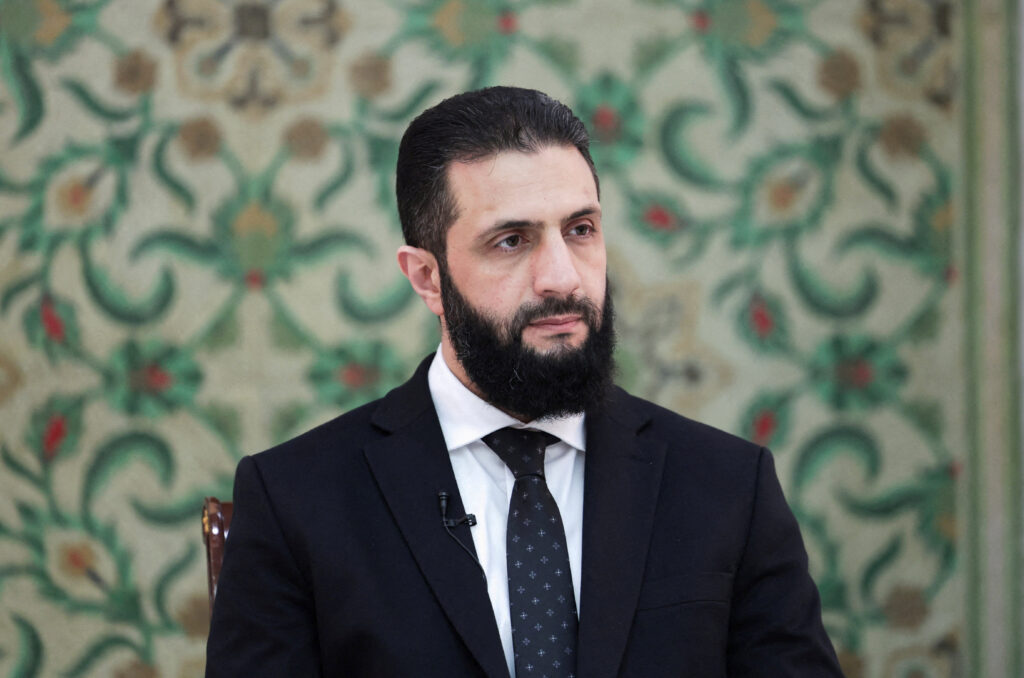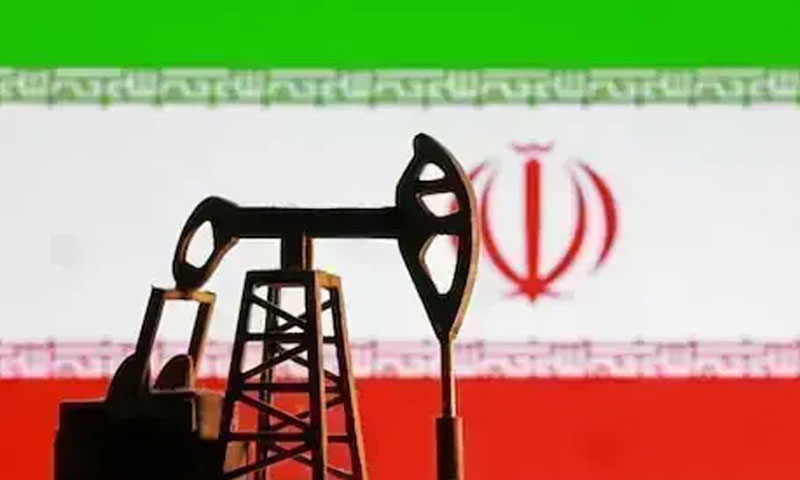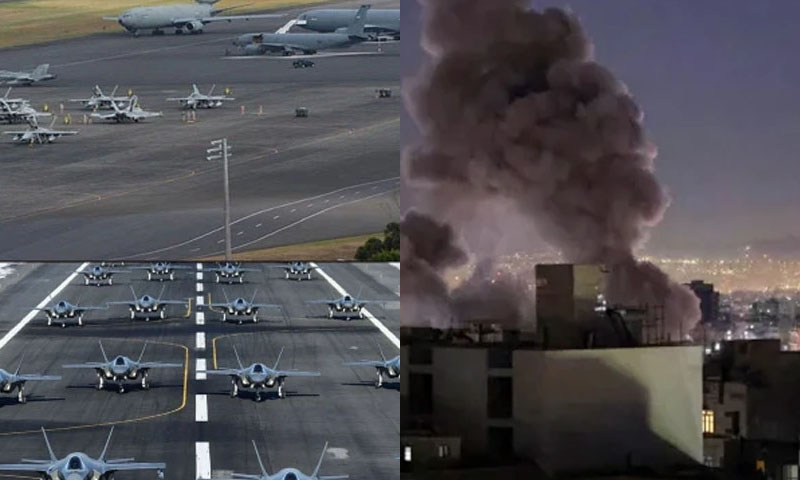- Web
- Yesterday
Syrian president interested in joining Abraham Accords under “right conditions”
-

- Web Desk
- Apr 25, 2025

DAMASCUS: United States Congressman Cory Mills told Bloomberg on Thursday that Syrian President Ahmed al-Sharaa seeks to normalise ties with Israel in the hopes of removing United States-imposed economic sanctions. Mills and fellow Congressman Marlin Stutzman met with al-Sharaa last week in Syria, which was the first visit by an American congress member since Bashar al-Assad was ousted.
Sharaa, who is under both US and United Nations sanctions for his former ties to to al-Qaeda, expressed interest in Syria joining the Abraham Accords “under the right conditions”. The accords refer to a series of agreements made by the previous Trump administration on Arab-Israeli normalisation, signed by the United Arab Emirates, Bahrain, and Israel.
Mills highlighted certain conditions during his visit that Sharaa would have to fulfil, including the destruction of any chemical weapons left from Assad’s administration, coordination on counter terrorism initiatives with other US allies, and providing guarantees to Israel who currently oppose lifting sanctions imposed on Syria, according to Middle East Eye.
Also read: IMF, World Bank welcome efforts for Syria to reintegrate globally
These are some of the conditions outlined by the US in a list of demands they made last month. That list also included making sure foreign fighters are not given senior roles In Syria’s government and the appointment of a liaison to assist US efforts to find US journalist Austin Tice who went missing in the country over a decade ago.
“I am cautiously optimistic and look to maintain open dialogue,” Mills told Bloomberg. He also stated that he will bring Trump a letter from the Syrian president and will brief him and National Security Adviser Mike Waltz upon his return.
The US is also withdrawing troops from Syria, with the goal of bringing their forces down to less than 1,000. The Pentagon stated that the shift demonstrates the effect the 2019 Trump administration’s success against ISIS had on the security environment.
Earlier in April Israel stepped up airstrikes on Syria, declaring the attacks a warning to the new Islamist rulers in Damascus as it accused their Turkish allies of trying to turn the country into a Turkish protectorate.
The strikes, targeting air bases, a site near Damascus and the southwest, put renewed focus on Israeli concerns about the Islamists who deposed Bashar al-Assad in December, with Israeli officials viewing them as a rising threat at their border.
The Israeli army, which seized ground in the southwest after Assad was toppled, said its forces killed several militants who opened fire on Israeli troops operating in that area overnight. Syria’s state news agency SANA said that Israeli shelling had killed nine people in the area.
Also read: Iran nuclear talks: why is Trump trying to secure a deal?




